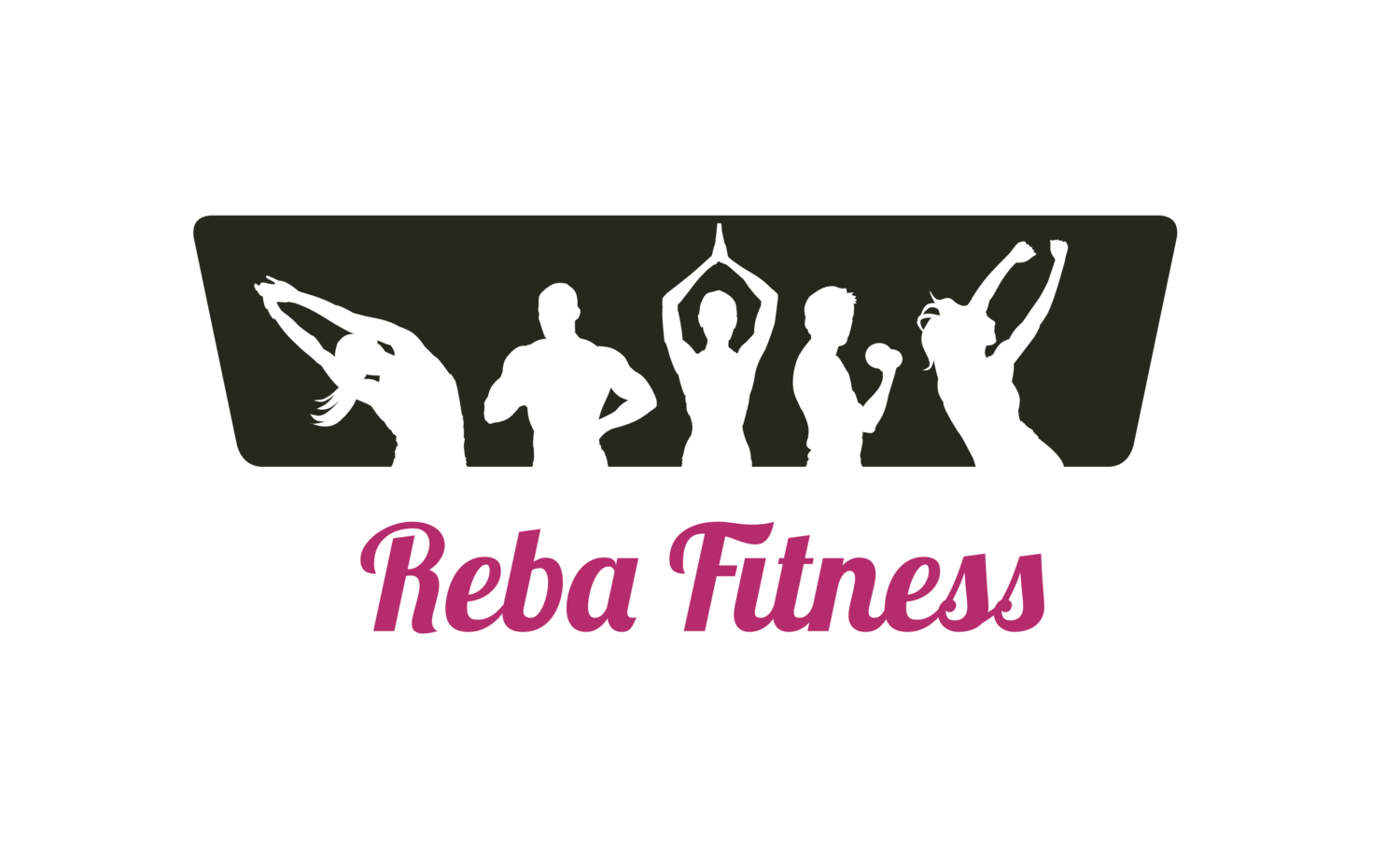One of my favorite quotes from George Bernard Shaw. “We don’t stop playing because we grow old. We grow old because we stop playing.”
Last month, we took a trip to Florida, and when choosing our destination, I picked Cocoa Beach—because I had always dreamed of learning to surf.
Cocoa Beach is one of the best places for beginners to learn how to surf because of its consistent waves and swells. The beach is known for it’s beginner-friendly breaks, providing smaller and slower waves that are easier to navigate, giving first-timers the confidence to progress.
As someone who has been in the health and fitness world for over 20 years, I have devoted my life’s purpose to promoting the mature fit lifestyle and helping people plan for joy at 100. Through functional fitness and life coaching, I empower centenarians and those approaching their golden years to live their best life at any age—because I firmly believe that we should be able to do what we want, when we want, without using age as an excuse.
My approach to longevity and vibrant living includes all the usual recommendations: a nutritious diet, exercise, functional fitness workouts, quality sleep, targeted supplements, hormone health, and a strong social life. But I also prescribe a few things that might surprise you:
1. Light Technology –. These patches use organic crystals that respond to body heat, reflecting specific wavelengths of light into the skin to activate natural healing processes - kind of like how sunlight stimulates vitamin D production—except these patches trigger peptide production that enhances energy, reduceing inflammation, and promoting anti-aging.
2. Playful Living – Which is why, at 61, I decided to try surfing for the very first time. The concept of playful living is often dismissed as something just for kids—but in reality, it’s one of the most powerful tools we have to maintain youthfulness, vitality, and joy as we age. When we engage in play, we challenge ourselves in ways that stimulate both our bodies and minds. Play helps keep our reflexes sharp, our creativity alive, and our spirits free.
But let’s be honest—trying something new, especially something physically demanding like surfing at 61, is intimidating. Playful living doesn’t mean avoiding discomfort; it means leaning into it, embracing the challenge, and proving to yourself that you’re still capable of growth and adventure.
Overcoming Fear: The Battle Before the Waves
So, needless to say, once I got to Cocoa Beach, my mind flooded with reasons why I shouldn’t be trying something so physically demanding.
It was too cold and windy that day
The water was too cold.
I felt a little under the weather.
I couldn’t find a surf instructor.
What if I hurt myself?
What if I couldn’t do it?
Sound familiar? Our minds are wired for comfort and safety, but that’s exactly why we must challenge ourselves. Eventually, I reminded myself: This is the reason you came to Cocoa Beach.
Fear is a natural response when we step outside our comfort zones. It tries to convince us that we’re too old, too weak, or too inexperienced. But fear isn’t a stop sign—it’s a green light. It signals an opportunity for growth. The key to overcoming fear is acknowledging it and moving forward anyway.
Instead of letting fear win, I shifted my focus from the fear of failing to the joy of experiencing something new. I gave myself permission to be a beginner, to struggle, and to learn. And in that shift, I found the courage to paddle out and take my first wave.
The Humbling & Exhilarating Experience of Surfing at 61
Let me be honest—surfing at 61 was humbling and grueling. I fell a lot. I even got a black eye from my board smacking me in the face. My body took a beating. But I persevered.
My coach, Brian from One Love Surf, was incredibly patient and made me feel excited about hitting the waves. I remember him telling me, “Slow down your mind. Take it in. Tell yourself—‘You are going to get up on this board.’”
And then, I did it. I stood up on my board, riding a wave for what felt like minutes. In that moment, I thought to myself, This is what you came here for. You can do this.
It wasn’t perfect. It wasn’t effortless. But it was mine—my victory, my moment of growth, my proof that age is just a number.
The Power of Play in Active Aging
I am a firm believer in playful living as we age. In my opinion, it is the most critical component to staying young and vibrant.
We must find things that excite and challenge us—something that makes us feel alive again. It doesn’t have to be surfing. Maybe it’s golf, swimming, dancing, stand-up paddleboarding (SUP), bowling, or pickleball. Find something that scares you and excites you at the same time—because that’s where growth happens. (Of course, always check with your doctor before taking on a new challenge.)
Play isn’t just for kids—it’s an essential part of healthy aging. When we stop playing, we stop exploring, laughing, challenging ourselves, and growing. And that’s when we start to feel old. By embracing new activities, we spark curiosity, strengthen our bodies, and fuel our spirits. Play keeps us mentally sharp, physically strong, and emotionally fulfilled.
A New Perspective on Aging
At 61, I learned that it’s never too late to try something new. I walked away with bruises, sore muscles, and a black eye—but also with a heart full of joy, a spirit full of adventure, and a renewed belief that age is just a number.
This experience reinforced something I’ve always believed:
Aging isn’t about decline. It’s about evolution.
The next decade isn’t a time to slow down—it’s a time to explore, embrace, and experience more than ever before. It’s a time to rewrite the narrative about what it means to grow older. It’s a time to say, “Yes, I can.”
So, what’s your next adventure?
#ActiveAging #PlayMoreLiveMore #HealthyAging #SurfingAt61 #NeverTooLate #JoyAt100














